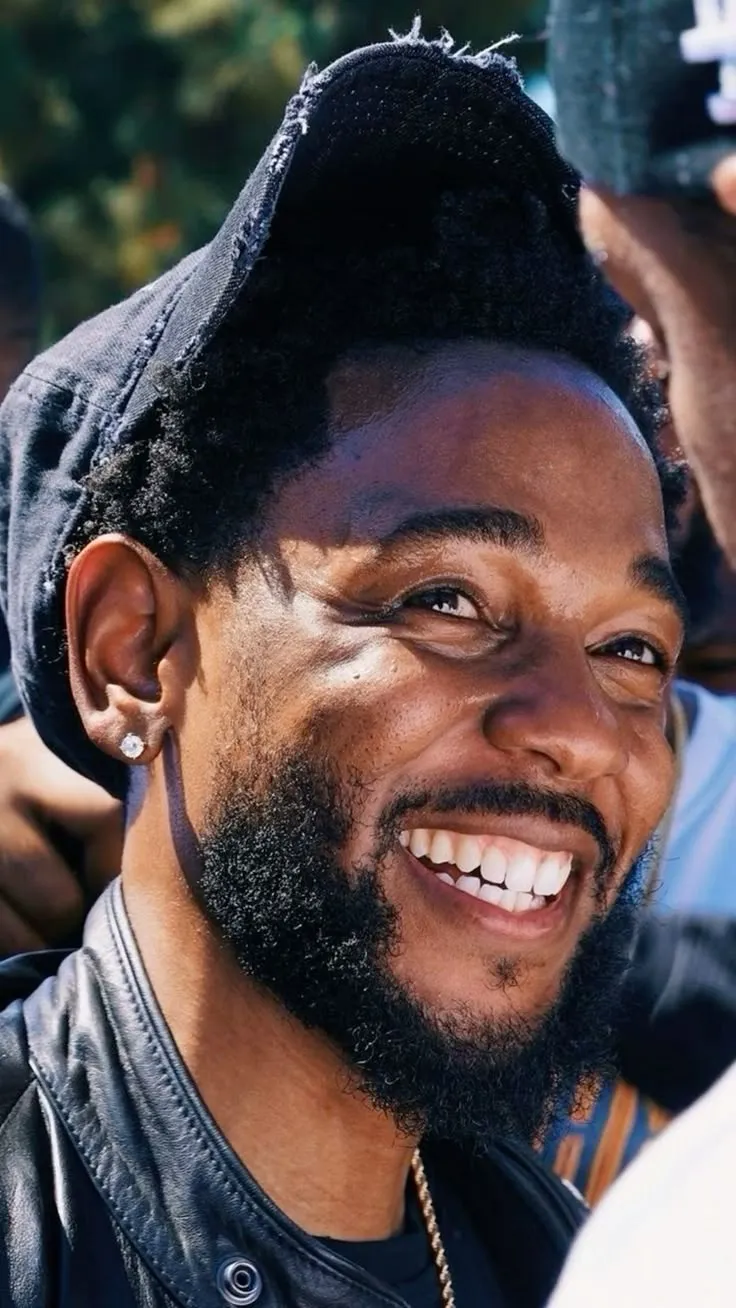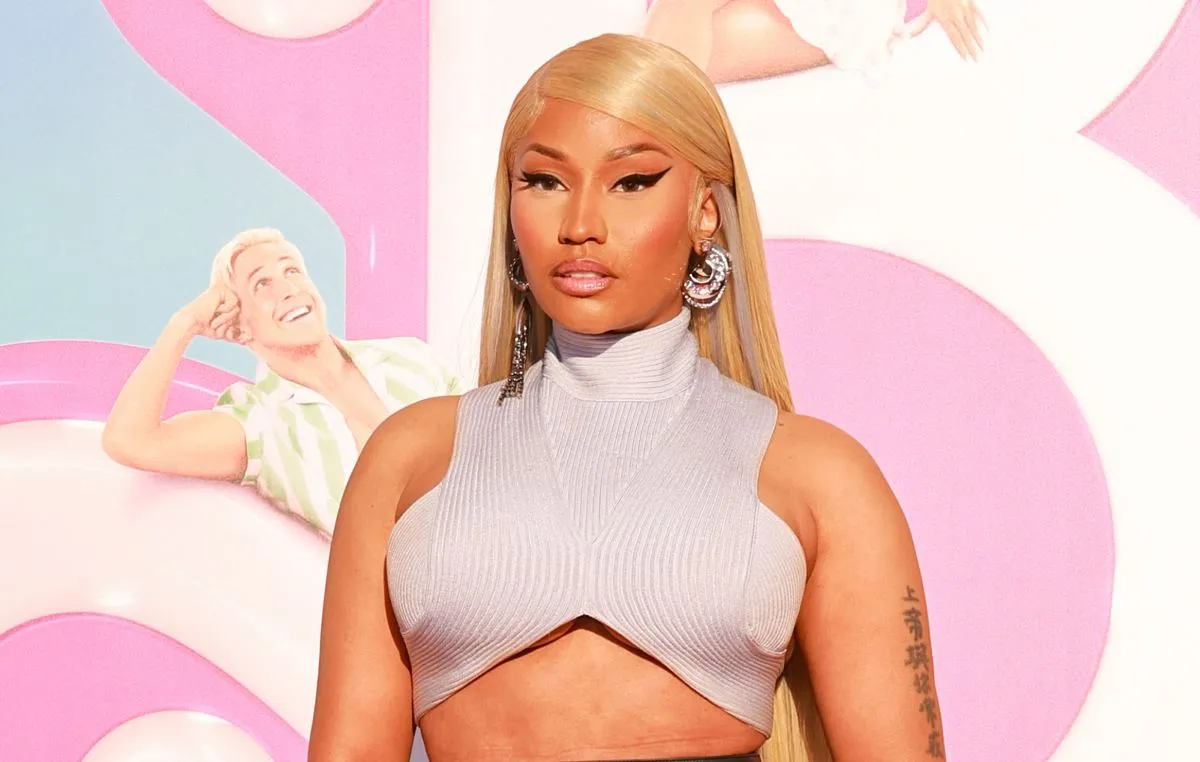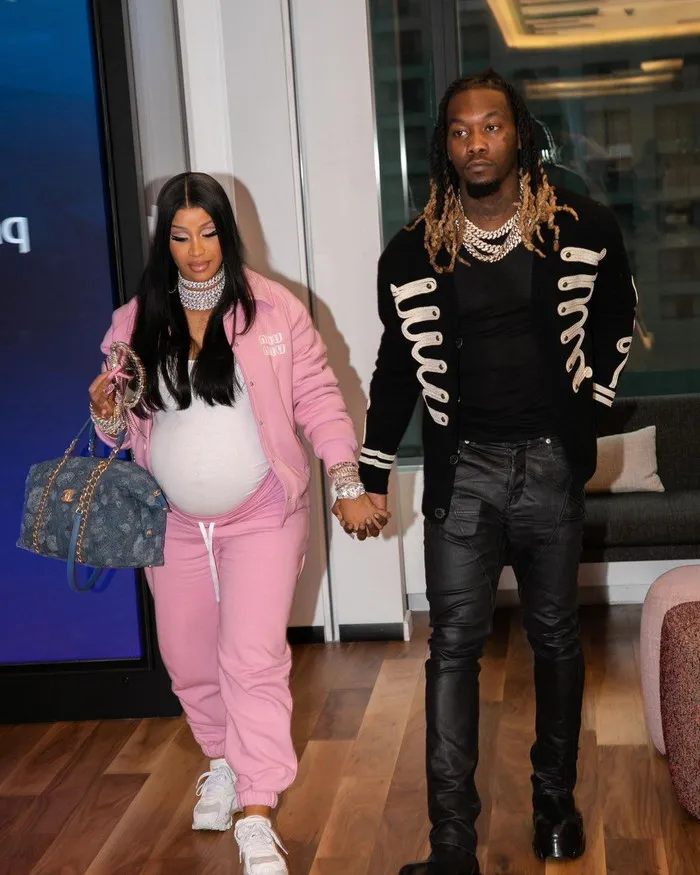

Temple University Just Launched a Class Titled ‘Kendrick Lamar and the Morale of M.A.A.D City’ — And What’s Inside the Syllabus Has the Internet Screaming
Temple University Is Breaking Boundaries with a Groundbreaking Course
In an era where academia is slowly catching up with pop culture’s seismic influence, Temple University in Philadelphia has taken a bold leap forward. The university recently unveiled a new course titled “Kendrick Lamar and the Morale of M.A.A.D City”, and the internet has not stopped buzzing since. From students and fans to scholars and cultural critics, everyone wants to know what exactly is being taught behind those classroom doors.

This course is not just another pop culture seminar. It is a deep, intellectual excavation of one of hip-hop’s most transformative figures: Kendrick Lamar. The decision to center an entire academic class on the Compton-born rapper’s work, particularly his 2012 landmark album “good kid, m.A.A.d city”, marks a shift in how universities are beginning to recognize the intellectual depth and social relevance embedded in hip-hop.
The Genius of Kendrick Lamar Finally Gets Its Academic Due
While Kendrick Lamar has long been hailed as a poetic genius, a Pulitzer Prize winner, and a lyrical visionary, this course makes a clear statement: hip-hop is worthy of rigorous academic study. The professor behind the course, Dr. Ashanti Davis, has described Kendrick as “the James Baldwin of our generation,” citing the rapper’s ability to dissect complex themes like systemic oppression, violence, morality, and identity through haunting narratives and masterful lyricism.
The syllabus explores not only the sonic brilliance of Kendrick’s work but also its ethical and philosophical implications. What does it mean to be a “good kid” in a “mad city”? How do structural inequalities shape personal choices? Where does survival end and complicity begin? These are the kinds of questions the course dares to tackle—questions that Kendrick himself raises, often without providing easy answers.
Students are challenged to examine Kendrick’s lyrics with the same scrutiny typically reserved for Shakespeare or Toni Morrison. From “Swimming Pools (Drank)” to “Sing About Me, I’m Dying of Thirst,” every track is a window into the sociopolitical ecosystem of Compton and the moral chaos that exists within it. The class discussions reportedly extend beyond music to include film, politics, Black theology, and even quantum theory—demonstrating the interdisciplinary power of Lamar’s work.
What’s Inside the Syllabus Has the Internet in a Frenzy
When a leaked screenshot of the syllabus made its way onto Twitter and Reddit, it didn’t take long for the post to go viral. The reading list alone was enough to ignite excitement. Students will study texts like Frantz Fanon’s “The Wretched of the Earth,” James Baldwin’s “The Fire Next Time,” and bell hooks’ “Ain’t I a Woman”, alongside Kendrick’s albums. The juxtaposition is intentional. As Dr. Davis puts it, “Kendrick’s music is a form of modern literature.”
But what truly sent the internet into a collective scream was the midterm assignment: a creative paper where students are asked to write a fictional letter to Kendrick Lamar, responding to one of his songs from the perspective of a character within his universe. The assignment requires not only a grasp of literary technique but also deep empathy, cultural awareness, and historical understanding.
The final project is no less ambitious. Students must create a multimedia presentation that argues whether Kendrick’s work can be considered a moral philosophy. This means pulling from musical analysis, personal experience, and scholarly sources to build a thesis around the notion of morality in urban decay.
One tweet summed it up best: “This class is doing more than 90% of political science programs.”
Why “good kid, m.A.A.d city” Is a Textbook in Disguise
At the center of the course is “good kid, m.A.A.d city”, an album that has aged like fine wine since its 2012 release. On the surface, it’s a coming-of-age story about a teenager navigating life in Compton. But beneath the surface, it is a searing exploration of guilt, redemption, fear, masculinity, religion, and the consequences of social disintegration.
The album plays out like a novel, each song a chapter in Kendrick’s journey. There is a plot, a climax, and moral ambiguity. In class, students unpack how Kendrick uses literary devices—like unreliable narration, stream of consciousness, metaphor, and motif—to communicate his message. They trace the psychological evolution of the narrator, from wide-eyed naivety to spiritual awakening.
What makes this approach so revolutionary is that students are not just studying Kendrick—they are studying America through Kendrick. His music becomes a lens for understanding systemic racism, mass incarceration, gun violence, and the church’s complicated role in Black communities.
Pop Culture in the Classroom: A Sign of What’s to Come?
The course’s popularity has sparked a wider conversation about the role of pop culture in academia. Some traditionalists have scoffed, suggesting that studying rappers undermines educational rigor. But the overwhelming response from students and young scholars has been one of validation. For them, it’s a relief to see that their cultural icons are finally being taken seriously.
One sophomore student, Maya Thompson, shared on TikTok, “I’ve never felt so seen in a classroom. Usually, we study dead white guys. Now, we’re studying someone who looks like me, talks like me, and actually lived through the things we talk about.”
Other universities are reportedly taking notes. Professors from NYU, UCLA, and Howard University have reached out to Temple’s African American Studies department to request a copy of the syllabus. It’s no longer a question of if hip-hop belongs in academia, but how soon other institutions will follow.
Kendrick’s Response—and the Power of Representation
Although Kendrick Lamar has yet to comment publicly on the course, his fans believe he would be proud. The rapper has long been a champion of education, often referencing teachers and mentors in his songs. In interviews, he has spoken about the importance of representation and storytelling in creating social change. By turning his discography into a classroom canon, Temple University has essentially enshrined Kendrick as both artist and philosopher.
The impact of this is enormous. In communities where academic achievement is often overshadowed by survival, Kendrick’s story offers a different kind of inspiration. Here is someone who transformed trauma into poetry, fear into art, and marginalization into a megaphone for truth. Now, he’s doing the same in academia—without even stepping foot into the lecture hall.
A Class That Feels Like a Movement
What started as a single college course is beginning to feel like something much bigger. There’s a sense that this is not just about Kendrick Lamar, or even just about hip-hop. It’s about who gets to be seen as worthy of study. It’s about rewriting the rules of academia to include voices that have been historically silenced.
The fact that the internet exploded over a college syllabus is proof that people are hungry for change. They want education to reflect the world they actually live in. They want moral complexity, cultural nuance, and emotional truth. And through Kendrick Lamar, they’re finally getting it.
What This Means for the Future of Education
If one course about Kendrick Lamar can cause this much conversation, imagine what could happen if universities everywhere began to diversify their curricula. Imagine a world where students study Cardi B and capitalism, Beyoncé and Black feminism, or Tyler, the Creator and queer identity—not as side notes, but as full-fledged subjects worthy of academic pursuit.
Temple University’s decision to launch “Kendrick Lamar and the Morale of M.A.A.D City” may have seemed radical at first, but it’s increasingly looking like a model for future learning. It blends music, politics, literature, and lived experience in a way that few traditional classes ever do. More importantly, it invites students to think critically—not just about lyrics, but about life.
And that, more than any textbook, is what real education should do.



















